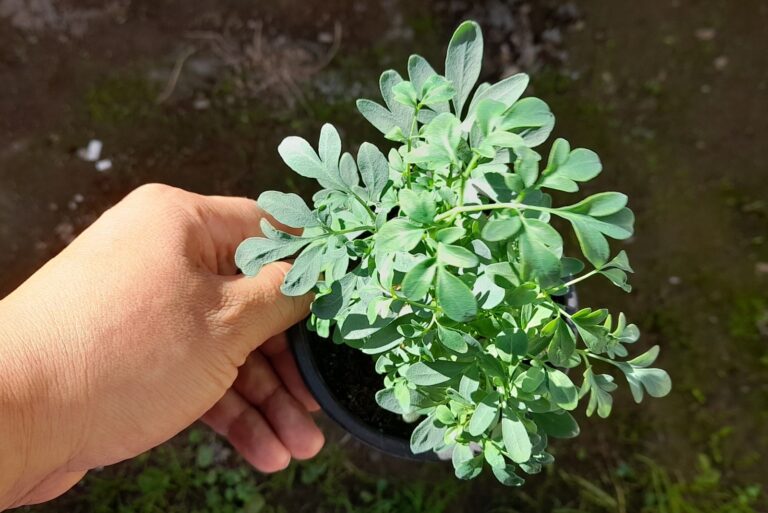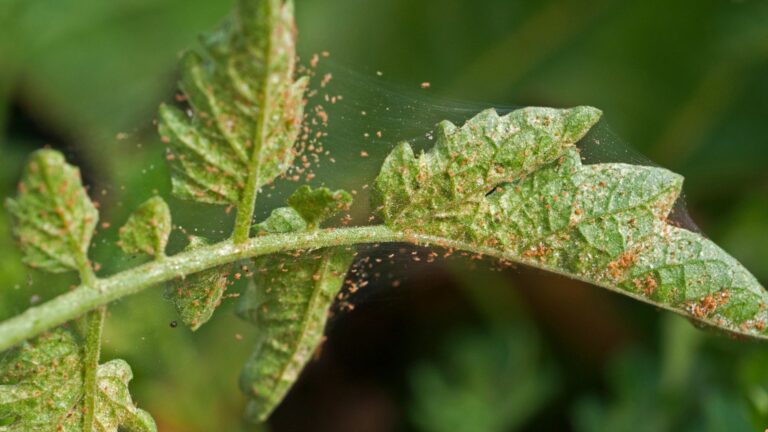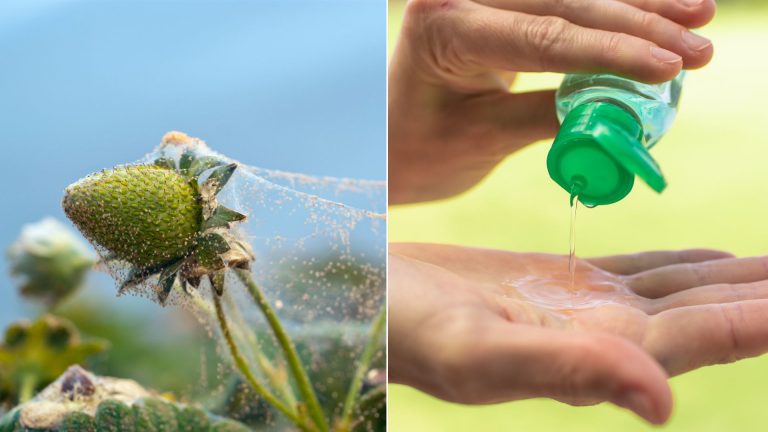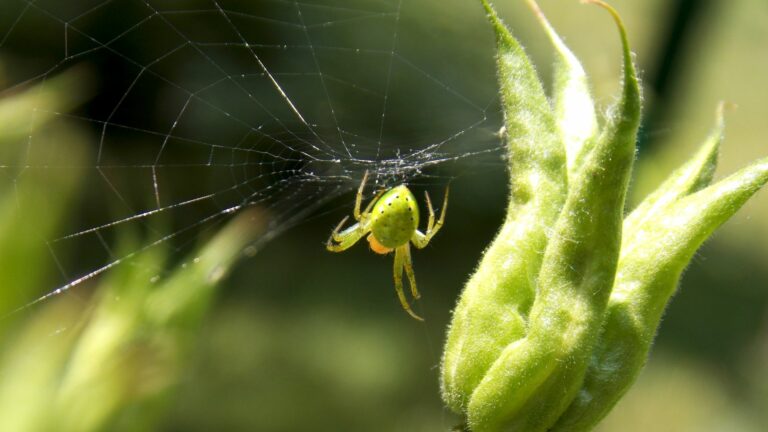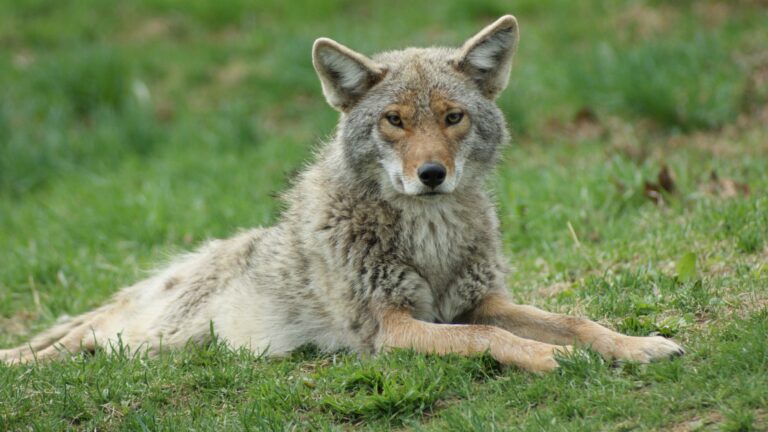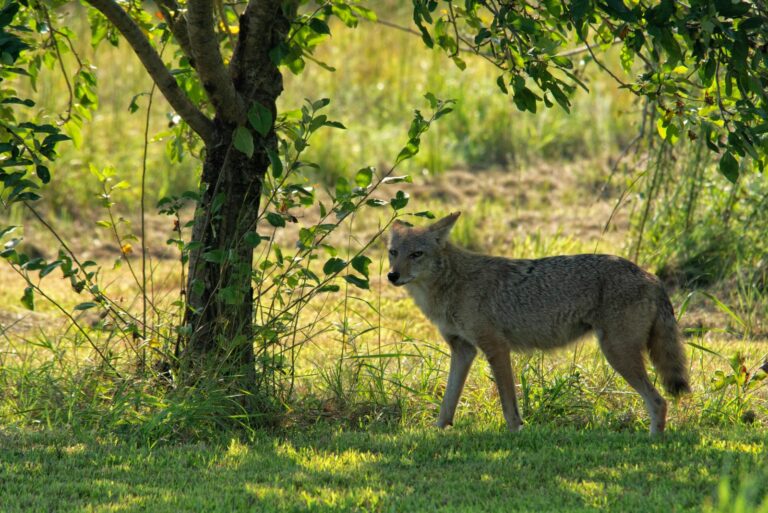12 Plants That Keep Rats Out Of Washington Gardens
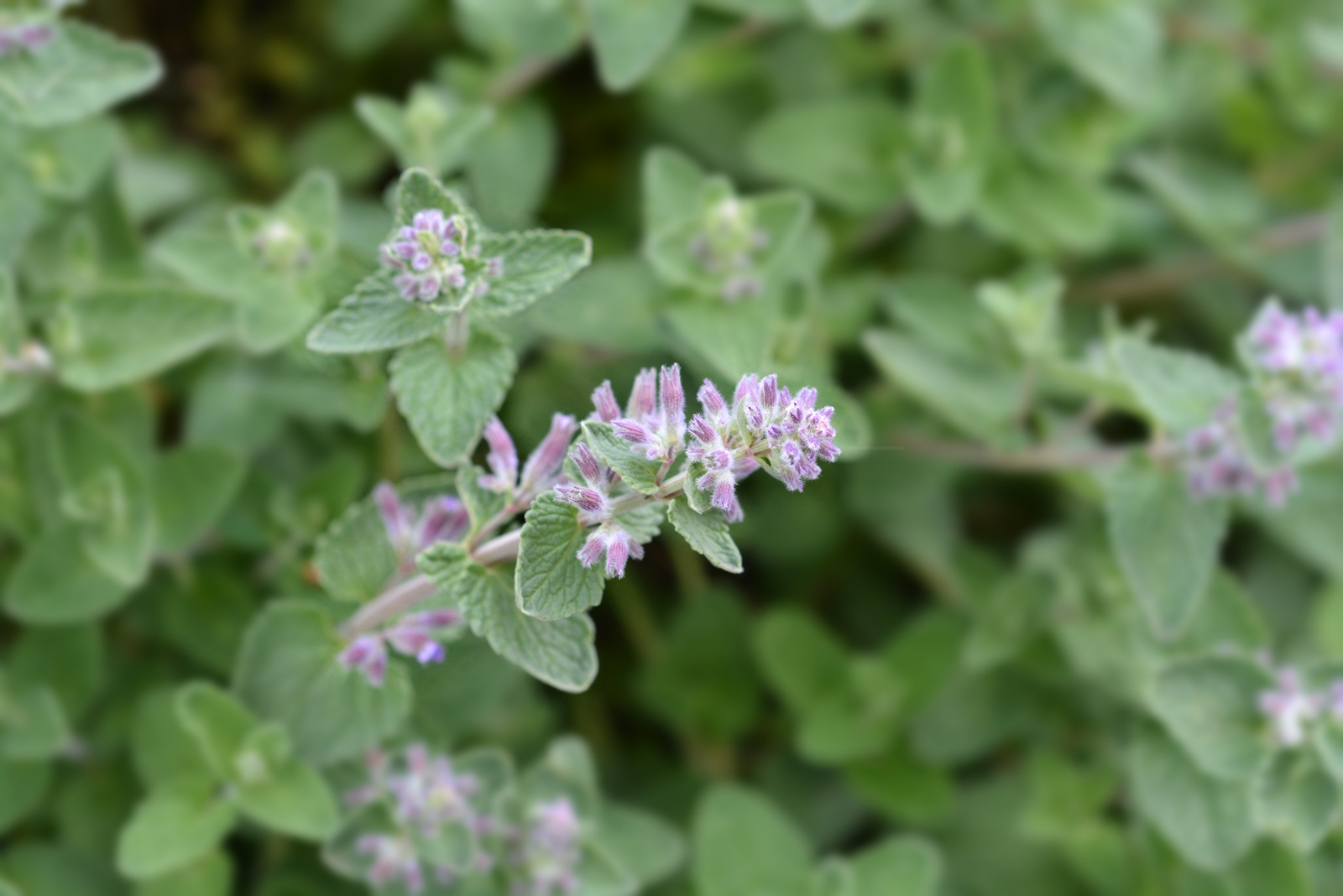
Rats can be a real headache for gardeners in Washington, sneaking into yards and munching on plants, seeds, and even vegetables. But did you know that certain plants naturally repel these unwanted visitors with their strong scents and textures?
Planting the right greenery can help protect your garden without harsh chemicals or traps, creating a beautiful and pest-free outdoor space.
1. Mint
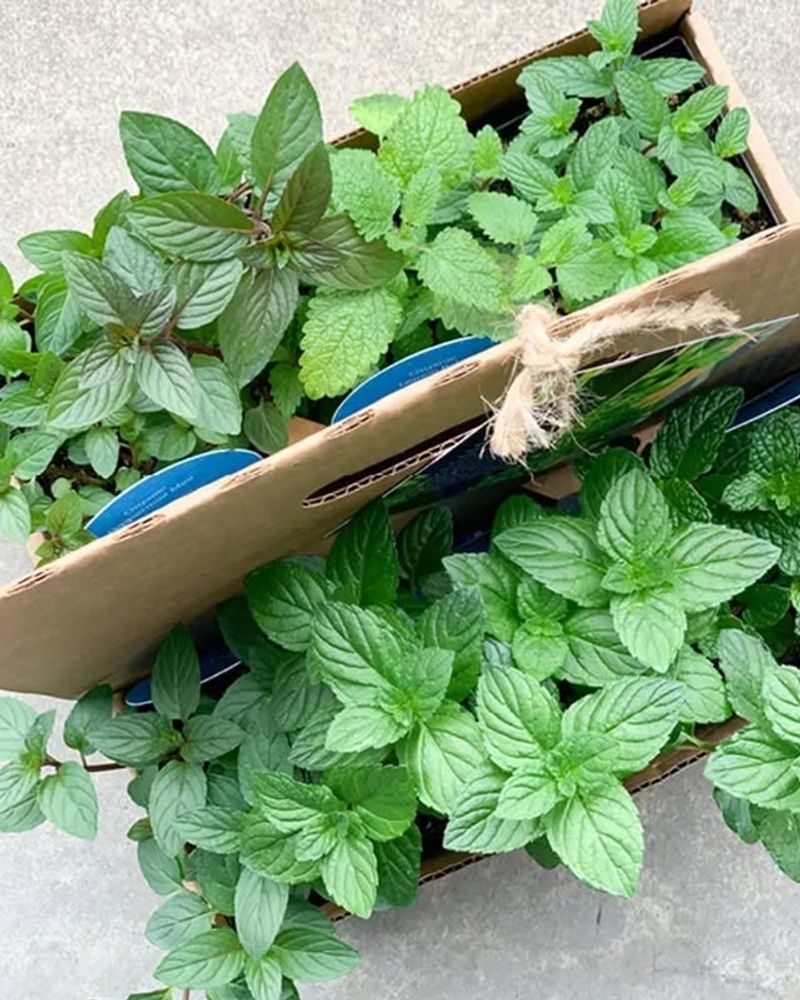
Mint gives off a powerful aroma that humans love but rats absolutely detest. The strong menthol scent overwhelms their sensitive noses, making them turn away quickly.
Plant mint around garden borders or near entry points where rodents might sneak in. It spreads fast, so consider using containers to keep it under control.
Plus, you can harvest fresh leaves for teas, desserts, and summer drinks whenever you want!
2. Lavender
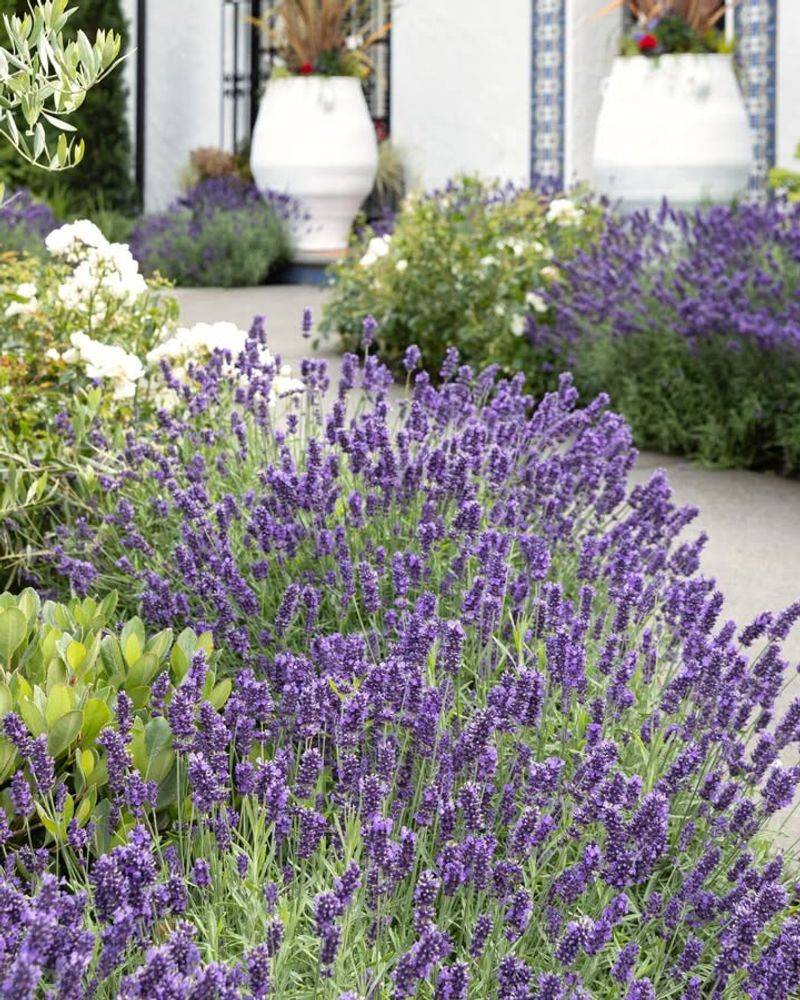
With its beautiful purple blooms and calming fragrance, lavender does double duty in your yard. Rats find the floral scent too intense and will avoid areas where lavender grows abundantly.
Plant it along walkways or near vegetable patches for maximum protection. Lavender thrives in Washington’s mild climate and needs minimal watering once established.
Bonus: dried lavender sachets keep closets smelling fresh all year long!
3. Rosemary
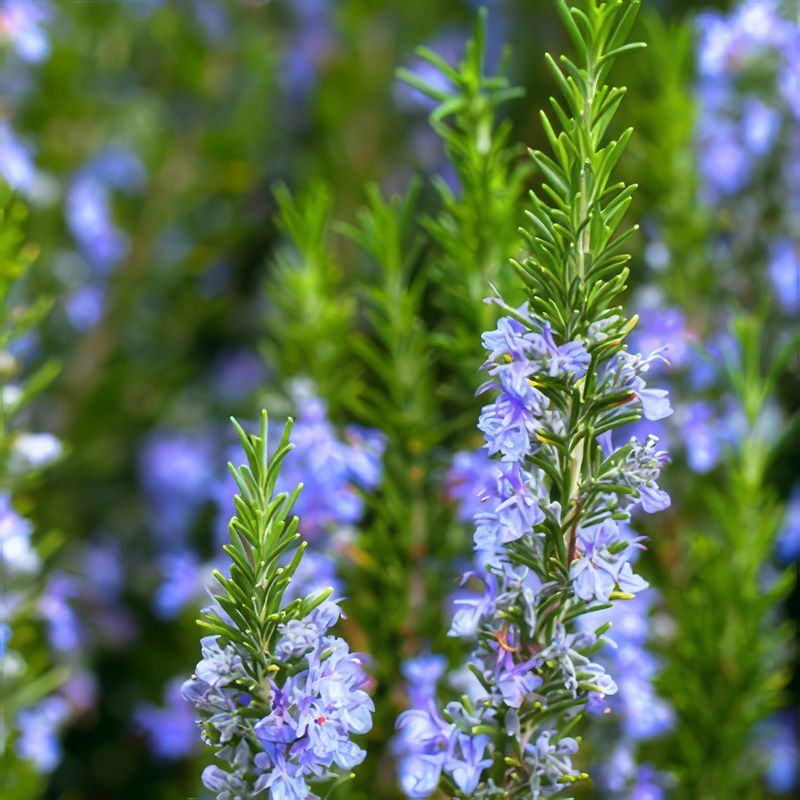
Rosemary’s sharp, pine-like scent works wonders at keeping rats at bay. The woody herb contains natural oils that irritate rodent senses, encouraging them to find somewhere else to explore.
Plant rosemary bushes near compost bins or chicken coops where rats often lurk. It stays green year-round in Washington and handles rainy weather like a champ.
Snip sprigs anytime to season roasted potatoes, grilled meats, or homemade bread!
4. Daffodils
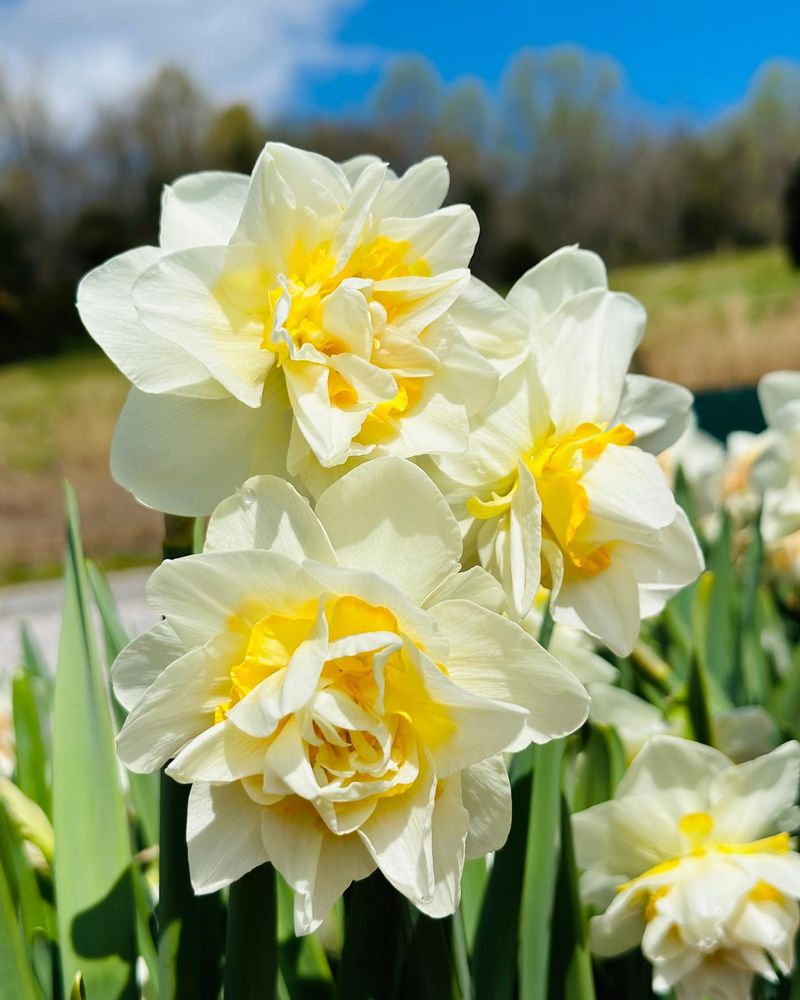
Daffodils aren’t just cheerful spring flowers—they’re actually toxic to rats and other pests. The bulbs contain alkaloids that make rodents sick, so they learn quickly to stay away from these sunny blooms.
Plant daffodil bulbs in fall around the perimeter of your garden beds. They come back every year without much effort and brighten up rainy Washington springs.
Just remember to keep pets away from the bulbs too!
5. Garlic
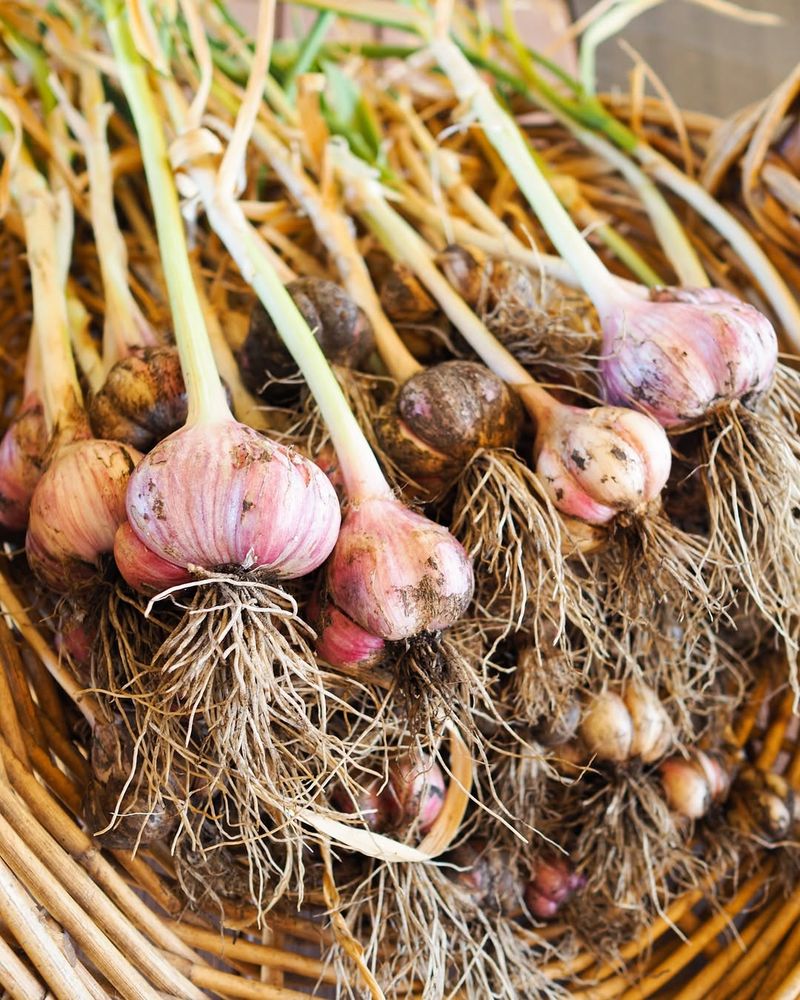
Garlic’s pungent smell is legendary in the kitchen and equally effective at repelling rats outdoors. The sulfur compounds released from garlic plants irritate rodent noses and taste buds, driving them far away.
Tuck garlic cloves between vegetable rows or around fruit trees for natural pest control. Harvest the bulbs in summer and replant cloves each fall for continuous protection.
Your garden stays rat-free while you enjoy endless homegrown garlic!
6. Marigolds
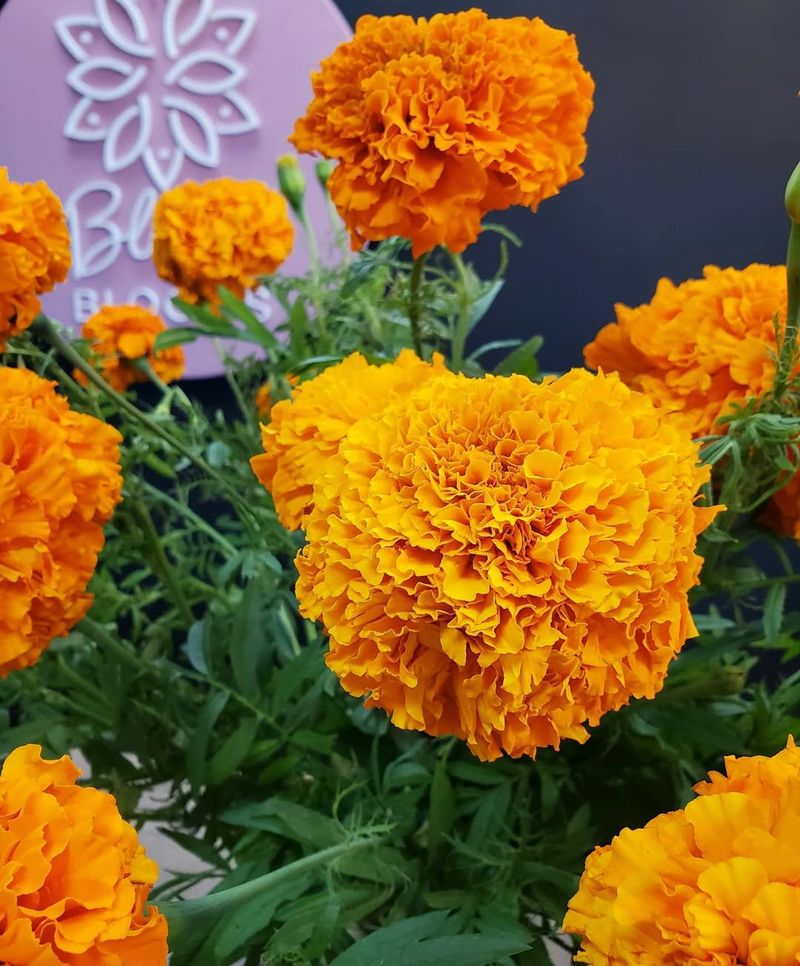
Marigolds pack a secret weapon against rats—their roots and leaves release a scent that rodents find absolutely revolting. The bright orange and yellow flowers also attract beneficial insects that help your whole garden thrive.
Plant marigolds generously around vegetable gardens and flower beds. They grow easily from seed and bloom all summer long in Washington’s temperate climate.
Deadhead spent flowers regularly to encourage even more colorful blooms throughout the season!
7. Oregano
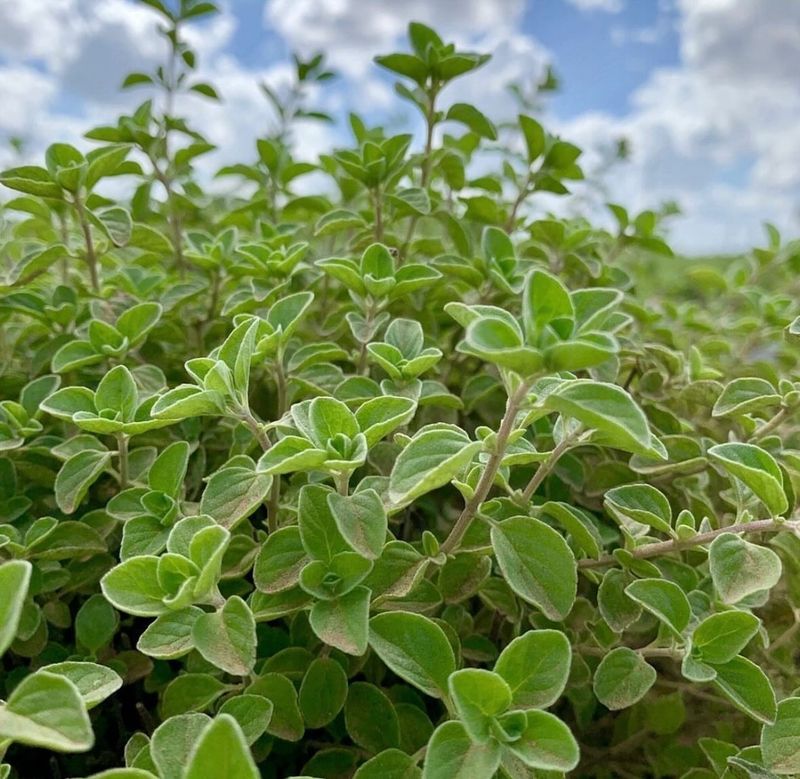
Oregano’s spicy, earthy aroma makes it a kitchen staple and a rat deterrent rolled into one. The essential oils in oregano leaves create an invisible barrier that rodents refuse to cross.
Let oregano spread as ground cover near sheds, garages, or anywhere rats might hide. It handles Washington’s wet winters well and comes back stronger each spring.
Harvest handfuls for pizza sauce, pasta dishes, and Greek salads all season long without harming the plant!
8. Sage
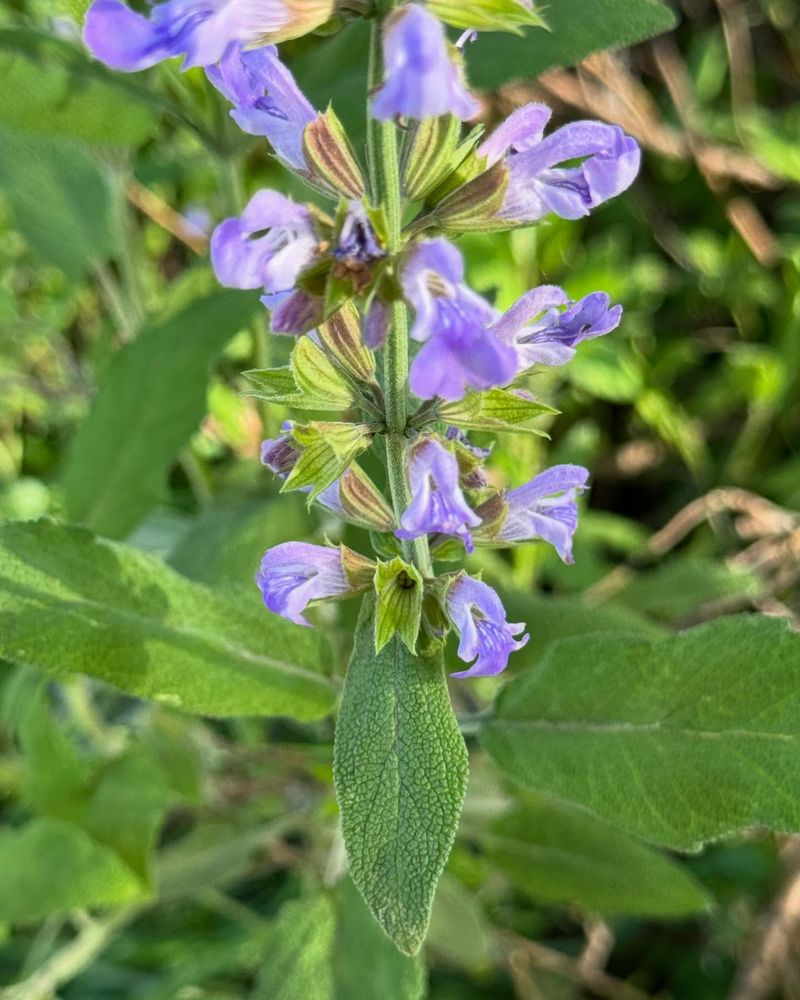
Sage’s fuzzy, silver-green leaves aren’t just pretty—they release a musky scent that rats find unbearable. The plant’s texture also deters rodents from nibbling, since the hairy leaves feel unpleasant in their mouths.
Position sage plants around garden edges or near outdoor seating areas. It grows into attractive bushy clumps and produces lovely purple flowers in early summer.
Dry the leaves for Thanksgiving stuffing or brew them into soothing herbal tea!
9. Chrysanthemums
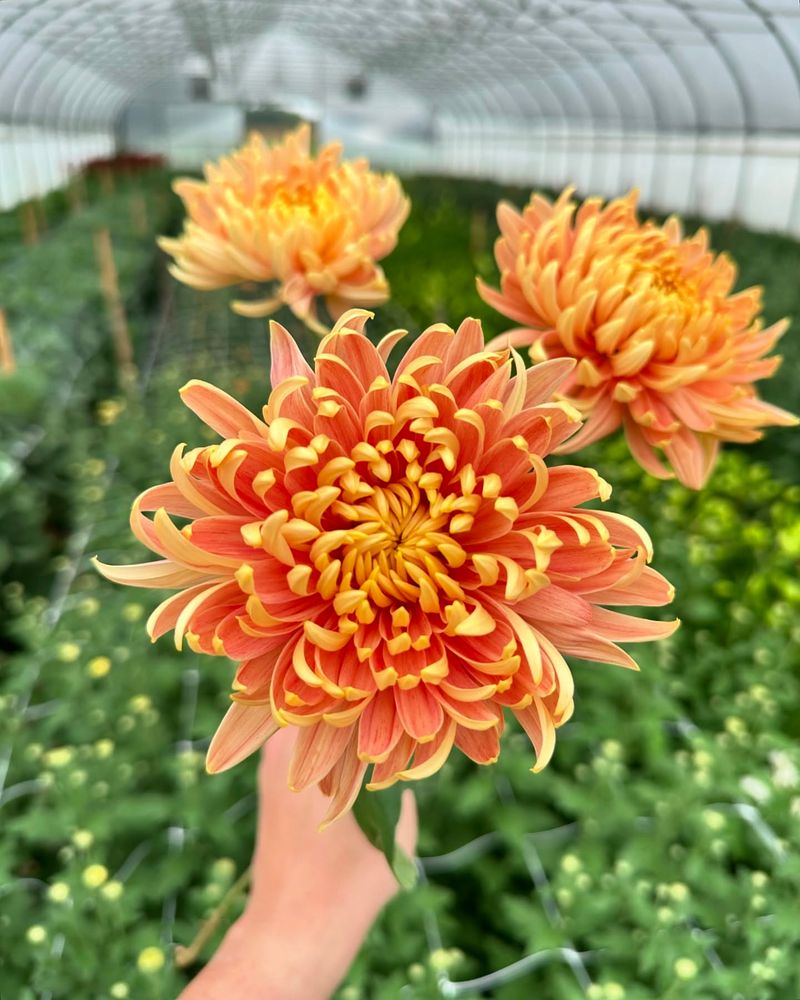
Chrysanthemums contain pyrethrin, a natural compound used in many pest repellents. Rats instinctively avoid these fall favorites because the chemical irritates their nervous systems without harming humans or pets.
Plant mums in containers or borders where rats have been spotted. They bloom brilliantly during autumn when many other flowers fade, adding color to Washington’s gray skies.
Choose hardy varieties that can survive occasional frosts and return year after year with proper care!
10. Eucalyptus
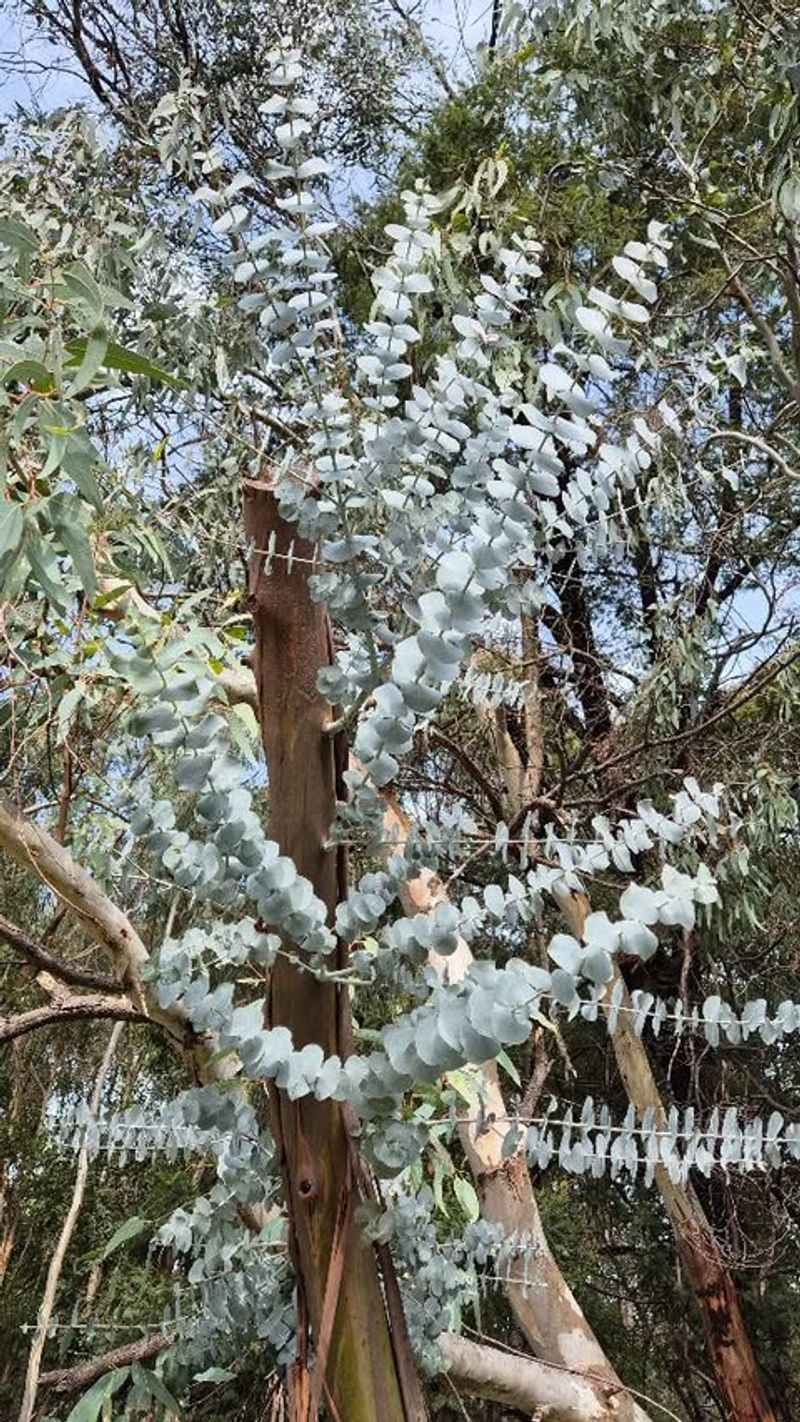
Eucalyptus trees and shrubs produce one of nature’s strongest scents, which rats find overwhelming and unpleasant. Even small eucalyptus plants release enough fragrance to keep rodents away from nearby garden areas.
Plant dwarf eucalyptus varieties in large pots if space is limited. The silvery-blue leaves look stunning and stay fragrant year-round in Washington’s mild climate.
Crush a few leaves to release extra oils during peak rat season for added protection!
11. Catnip
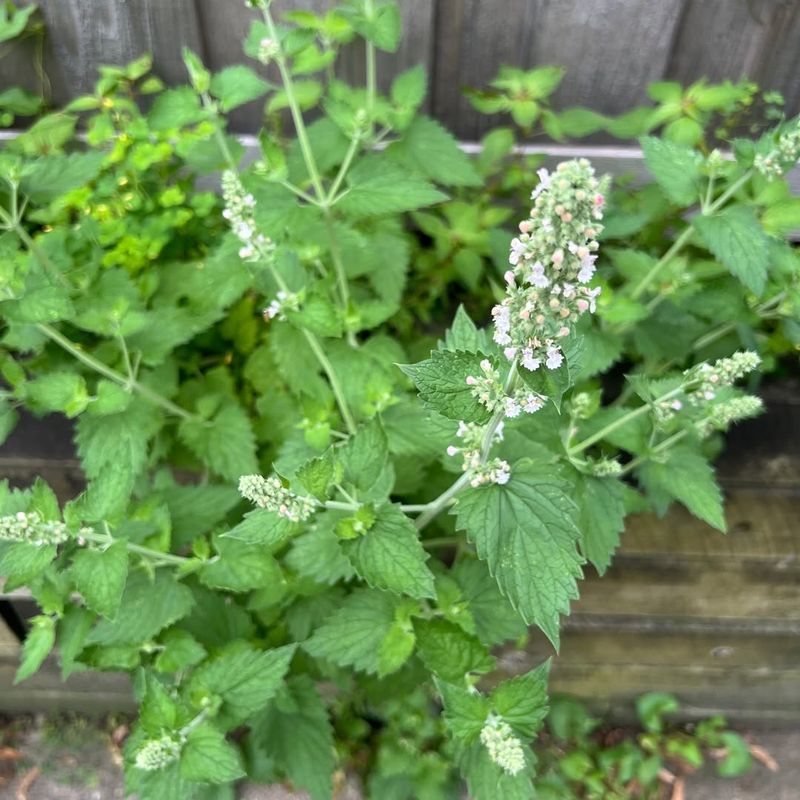
While cats go crazy for catnip, rats absolutely hate it. The nepetalactone oil in catnip leaves triggers avoidance behavior in rodents, making them scurry away fast.
Plant catnip along fences or near compost areas where rats commonly travel. It spreads enthusiastically like other mint family members, so give it space or use barriers.
Dry some leaves for your feline friends—they’ll roll around in pure joy while rats stay far away from your garden!
12. Black Pepper Plant
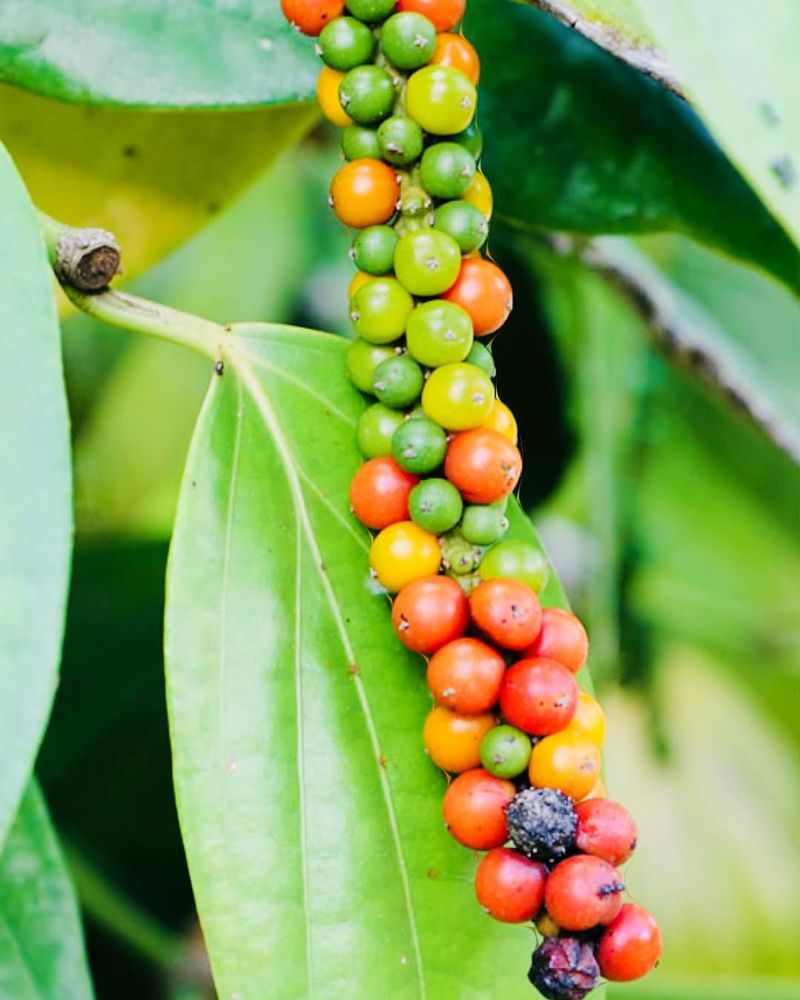
Black pepper plants produce the same spicy compound found in your kitchen shaker, and rats find it intensely irritating. The peppery scent burns their sensitive nasal passages, forcing them to flee quickly.
Grow black pepper in containers since it prefers warmth and protection from Washington’s winter chill. Place pots near doorways or garden entrances for strategic rat defense.
With patience, you might even harvest your own peppercorns for cooking authentic homegrown flavor!

